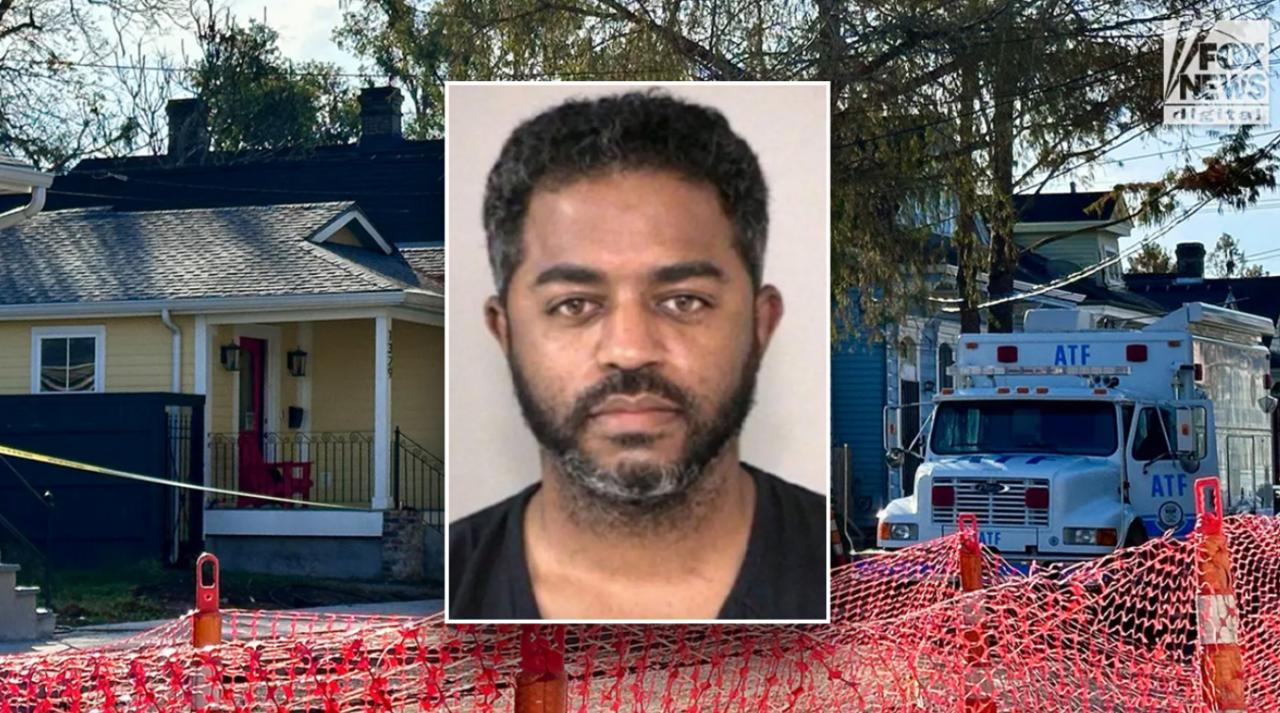“Latinos for Trump” is no more. Now, it is “Latino Americans for Trump.”
The Trump campaign has changed the name of its Latino outreach effort to emphasize American citizenship. The shift is particularly striking given that the campaign continues to make inroads among Hispanic voters, even as former President Donald J. Trump escalates the use of dehumanizing rhetoric about immigrants that is central to his campaign.
“It’s very important that we all understand that no matter where we’re coming from, we’re already American,” said Jaime Florez, the Hispanic communications director for the Republican National Committee and the Trump campaign. “Whether you’re African American, Latino American, Asian American, European American — wherever you come from, we are all American.”
“Latino” is a primarily American term used to refer to people with family from Latin America. By the most expansive of definitions, it can include people who trace their roots to Spanish settlers in New Mexico, third- and fourth-generation Salvadoran Americans and recent arrivals from Venezuela. Latino is generally thought of as an ethnicity, and can include people who appear white, Black, Indigenous or Asian. Polls have repeatedly shown that many Latinos prefer to identify themselves by their country of origin.
Emphasizing an American identity alongside a Latino one is highly unlikely to deter any would-be Trump voters. By law, of course, only American citizens can vote in federal elections. (Mr. Trump and his supporters have repeatedly made unfounded accusations about undocumented immigrants voting.)
The new label allows the campaign to attract Latino supporters who are drawn to Mr. Trump precisely because they believe so fervently in his description of the American dream. Many of these voters say they support Mr. Trump because they believe their own economic situations were better when he was in office. Many Latino voters have also said they are alarmed by the arrival of new migrants; some have explicitly said that those migrants threaten the social status of Latinos already living in the United States.
Latino voters are expected to make up an estimated 15 percent of eligible voters this year, and are likely to play a central role in deciding the election. Polls show that Mr. Trump’s support among Latino voters has increased since his defeat in 2020; some surveys find him winning more than 40 percent of those voters, a level not seen for a Republican presidential candidate in two decades.
Ian Haney López, a law professor at the University of California, Berkeley who has written extensively about Latinos and worked with Democratic groups, called the change to Latino Americans for Trump a “strategically smart move” that plays on a rift among Hispanic voters.
“It constructs a border wall right through Latino communities, allowing some to feel esteemed as Americans while simultaneously encouraging them to believe others don’t belong, as the wrong sort of immigrants,” he said. “This shift also drags back Latinos 100 years.”
Mr. Haney López pointed to advocacy groups that began nearly a century ago, such as the League of United Latin American Citizens, which were created to counter anti-Latino prejudice and elevate Latinos who were citizens, but also denigrated more recent Hispanic arrivals.
“It took decades of work, especially during the civil rights era, to build a sense of shared humanity and identity across the citizen-immigrant divide,” he said. “But of course, that divide remains available to be weaponized still today, and that’s what the rebranding of Latino Americans for Trump seeks to do.”
Danielle Alvarez, a spokeswoman for the Trump campaign, dismissed Mr. Haney López’s criticism of the name change and said that the campaign is emphasizing the economy and the cost of living for all Americans.
“The left is over there pandering to minority groups, talking about process,” Ms. Alvarez said. “We are going to message the America first agenda to all Americans, including Latino Americans.”






